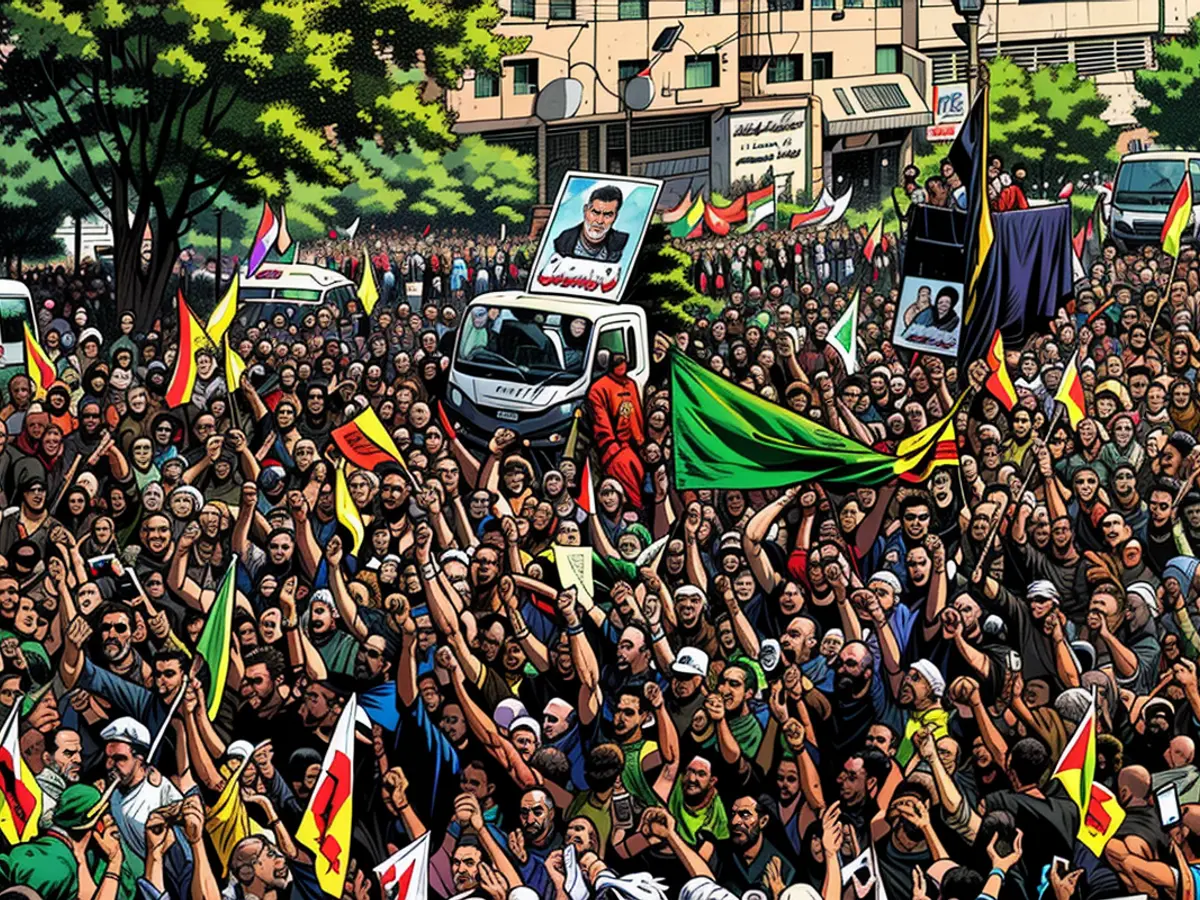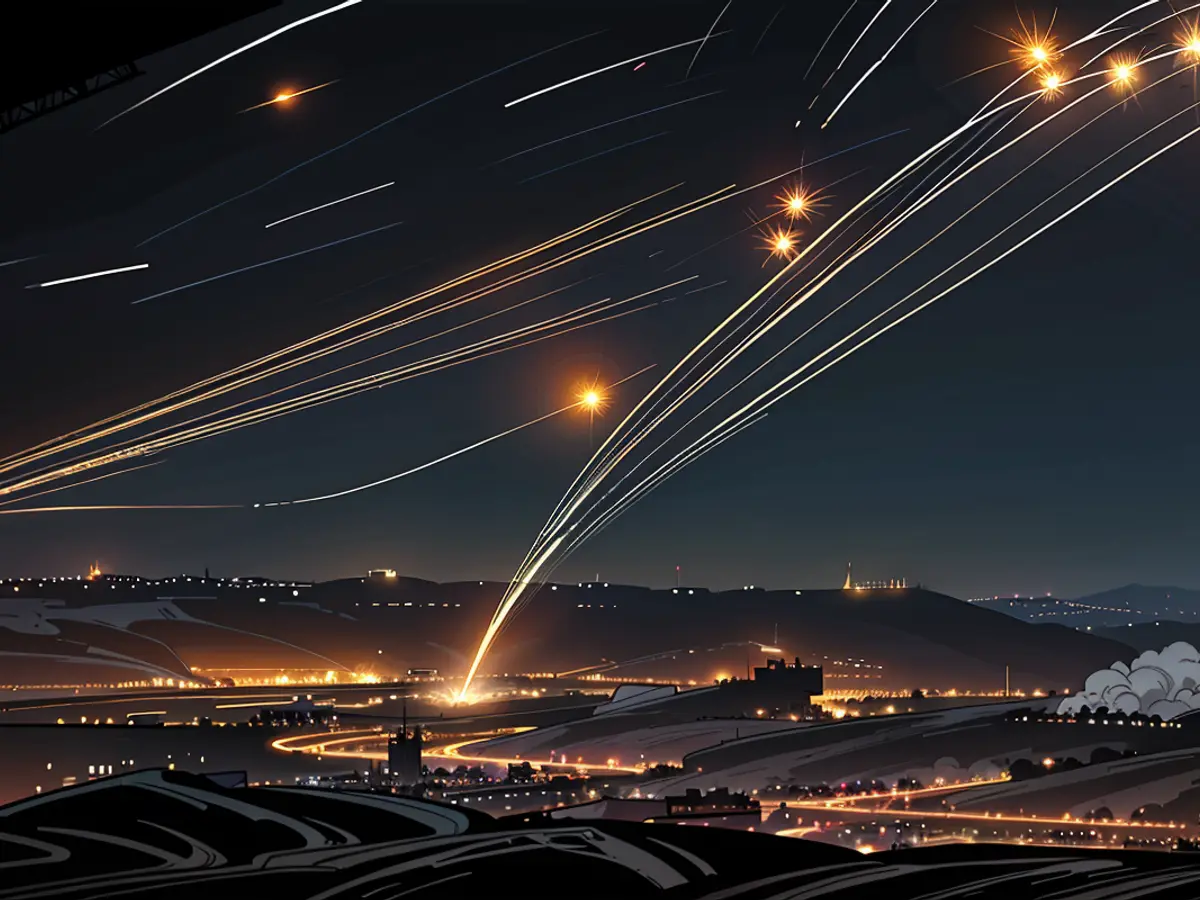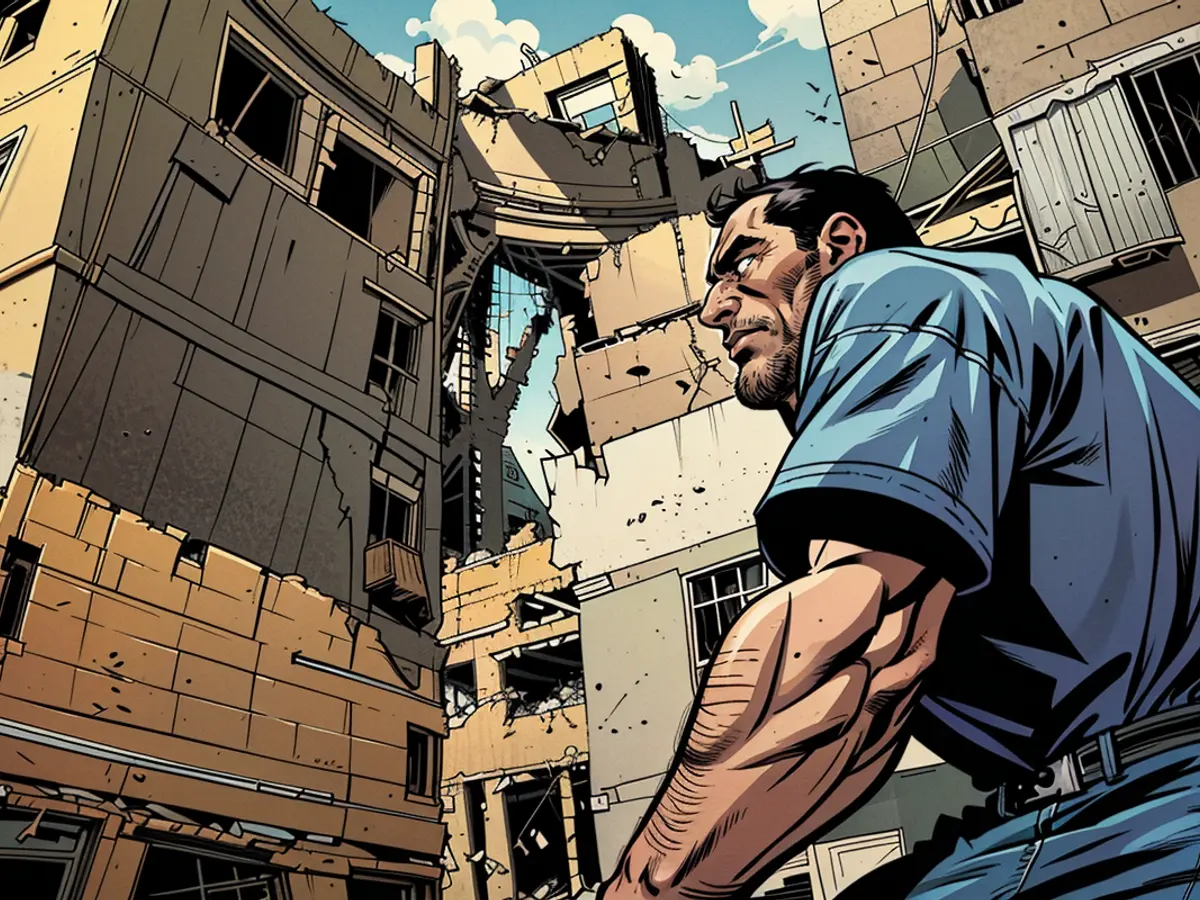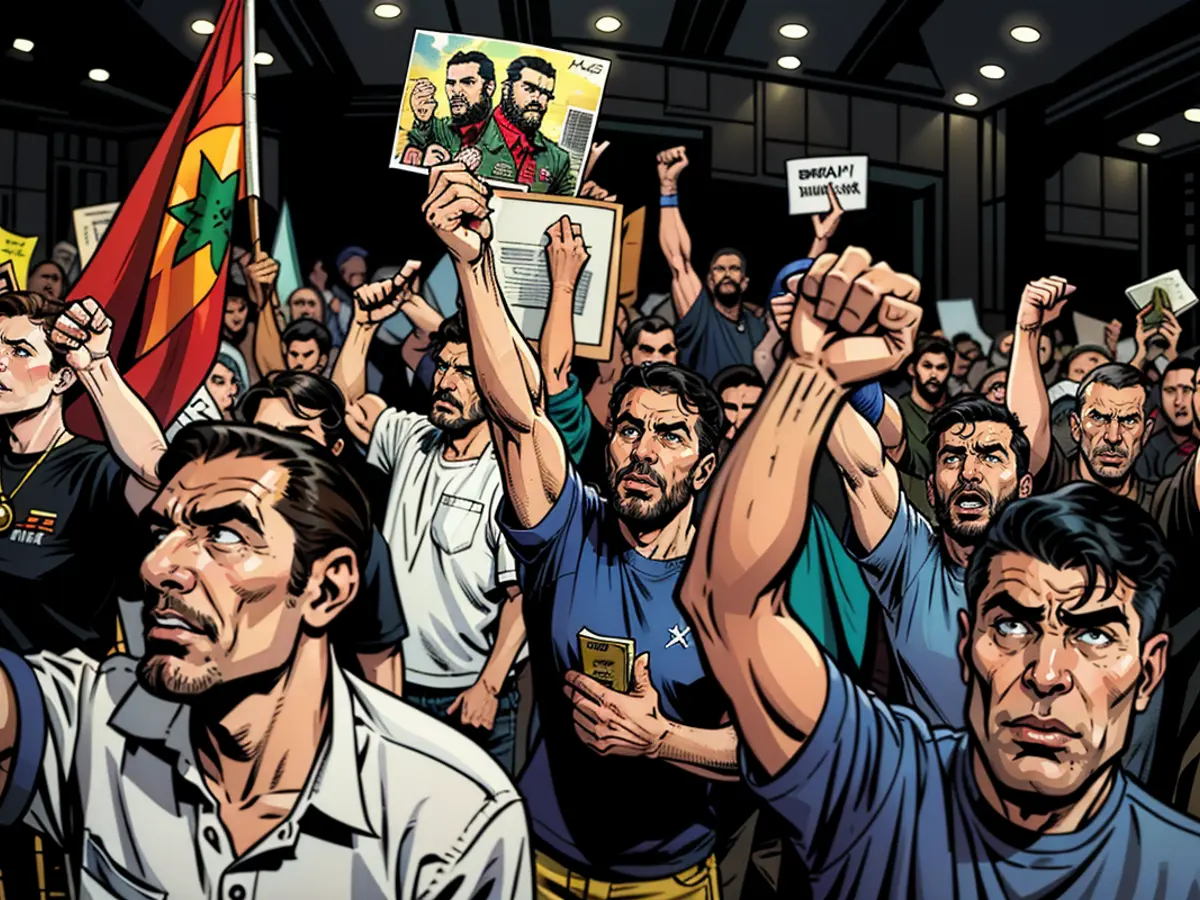Iran’s mixed signals leave some allies in the dark and set region on edge
The city woke up the next morning to find that another Iran-supported official, Hamas’ political leader Ismail Haniyeh, had been killed in an assassination in the heart of the Iranian capital, Tehran.
The chances of war, for months stowed away into the deeper crevices of this city’s psyche, had grown manifold.
“Do you think I am sitting in Hezbollah’s war room?” said one exasperated political leader with ties to the powerful Beirut-based armed group. “I have no idea what’s going to happen next. You probably know more than I do.”
Other officials in contact with Iran and Hezbollah said they were similarly in the dark as to how Tehran and its allied non-state fighting groups might deliver the “severe revenge” its top military officials, and Supreme Leader Ali Khamenei, have promised.
Israel said the attack in Beirut served as a response to a rocket strike that killed 12 children in the town of Majdal Shams, in the Israeli-occupied Golan Heights, which it blamed on Hezbollah. Hezbollah has vehemently denied the charge.
In his televised addresses since then, Hezbollah chief Hassan Nasrallah said a response to the attack in southern Beirut was “inevitable,” dismissing Western attempts to prevent a retaliatory strike as futile. But he was scant on the details.
“God willing, our response is coming,” Nasrallah declared solemnly in oneaddress.
“We may act alone, or we may act with the axis,” he said, referring to the Iran-backed network of armed groups that span Iraq, Syria, Yemen and Lebanon.
The alliance of fighting groups has been referred to by some Israeli commentators as a “ring of fire” around Israel – no match for Israel’s military might but with a strategic depth that sends jitters through the country as it awaits Hezbollah and Iran’s anticipated attacks.
The messaging from Iran and its powerful non-state partner seems cryptic by design. Nasrallah and his backers have touted the benefits of the “psychological war” in which Israelis brace for an attack, with little sense of when that might come and what form it might take.
But there are also indications that Tehran is dragging its feet, held back by the prospect of triggering a wider war. One diplomat said he believed that Hezbollah and Iran had “trapped themselves” in their own vows of reprisals. Some have suggested that a possible ceasefire deal in Gaza may serve as an off-ramp, as the international community gears up for talks in Doha on Thursday. Iran has rejected the idea.

A region kept on high alert
The consequences of any reprisal aredifficult to foresee. Both Iran and Hezbollah are looking to thread an extremely narrow needle, where they produce enough impact to deter future attacks on the Lebanese and Iranian capitals but stop short of igniting an all-out war.
This may prove impossible. There is a widespreadview that Israeli Prime Minister Benjamin Netanyahu must keep a war going in order to keep his growing domestic problems at bay. Iran, its non-state actors, and even the international community, appear powerless to stop it.
“There is no deterrence to be re-established,” said Mohammad Shabani, Iran analyst and editor of Amwaj.media, an online outlet covering the region. “This is going to go on, and over time this is going to be very dangerous.”
It is possible that Iran and Hezbollah may have come to terms with this, recognizing that the open-endedness of their messaging around the anticipated response may be the strongest weapon at their disposal.

On most nights over the last two weeks, Israeli and US officials sounded alarms about an imminent response. This has not yet come to pass. It draws a striking contrast with the last time the region was on the brink of an all-out war, when Iran responded in April to an Israeli attack on its consulate in Damascus with a massive swarm of airborne weapons that were largely shot down by Israel and its allies.
In the days that led up to that attack, diplomats and officials close to Hezbollah to whom CNN spoke in Lebanon had a rough idea about what Iran’s retaliation would look like: a show of force calibrated to cause very limited damage. Their estimates about the timeframe were largely accurate.
Iran at the time was telegraphing its next move through US allies in the region. Today, there is no evidence of that happening.
“There’s definitely an element of psychological warfare to this delay,” said Shabani. “But while you’re keeping the Israelis guessing, you’re also keeping the Lebanese and the Iranians on alert.”
Uncharacteristically, Nasrallah conceded in his last speech that the killing of Shukr and Haniyeh must be considered “successes scored by Israel.” That sense of failure is palpable in Lebanon and in Tehran, where political tensions are on the rise and the economy has taken a hit.

In Tehran, the Haniyeh assassination happened a day after the inauguration of Iran’s first reformist president in decades, Masoud Pezeshkian. Western analysts said Pezeshkian’s election could remedy rifts with the West. But the attack that killed Haniyeh has put a damper on those hopes.
In Beirut, the summer season is normally a boon for the struggling economy. Fireworks that lit up the night sky in the days leading up to Israel’s attack in southern Beirut have given way to sonic booms produced by Israeli jets breaking the sound barrier overhead, shaking windows and keeping frightened Lebanese families at home.
“I cannot think about what happens next,” said the political leader with ties to Hezbollah who CNN spoke to. “All I can do is make the appropriate preparations to help my community in case the worst happens.”
CNN’s Ben Wedeman, Sarah El Sirgany, Crendon Greenway and Charbel Mallo contributed reporting.
The Middle East and the world are closely watching the tension between Israel and its adversaries in the region, particularly after the assassination of Hamas' political leader, Ismail Haniyeh, in Tehran. The events in the Middle East have the potential to significantly impact global politics, as Iran and its allies, including Hezbollah, have threatened severe revenge.







